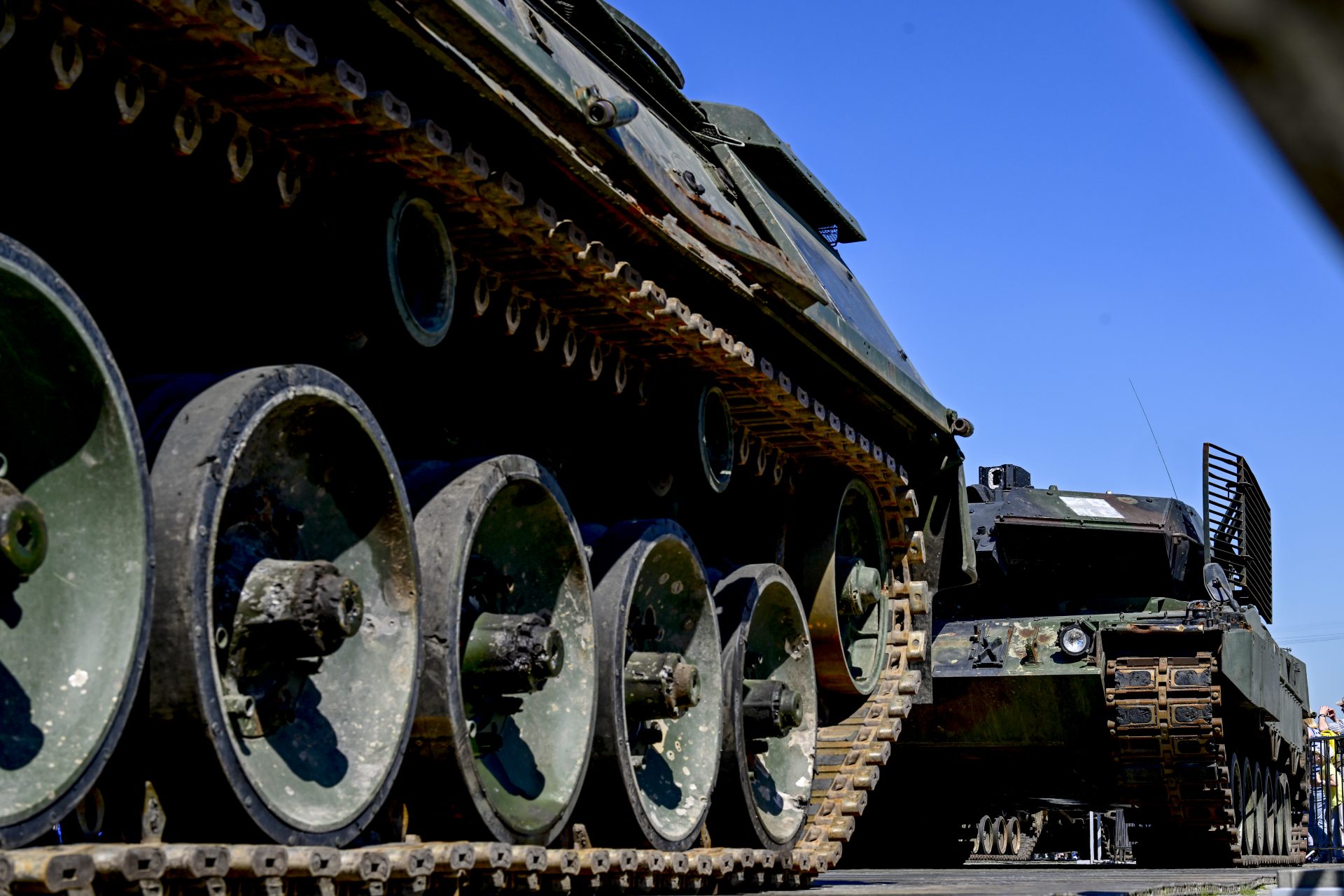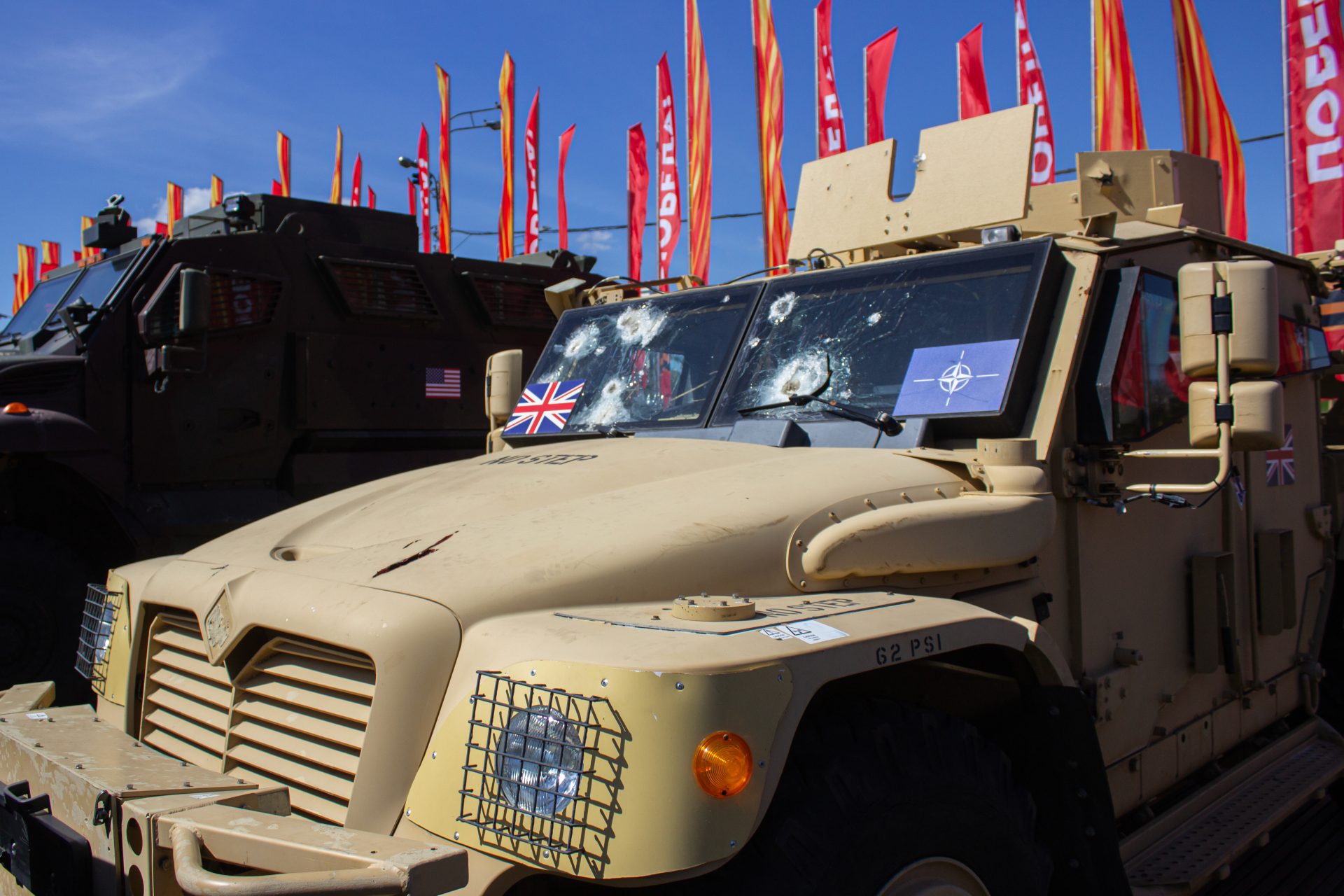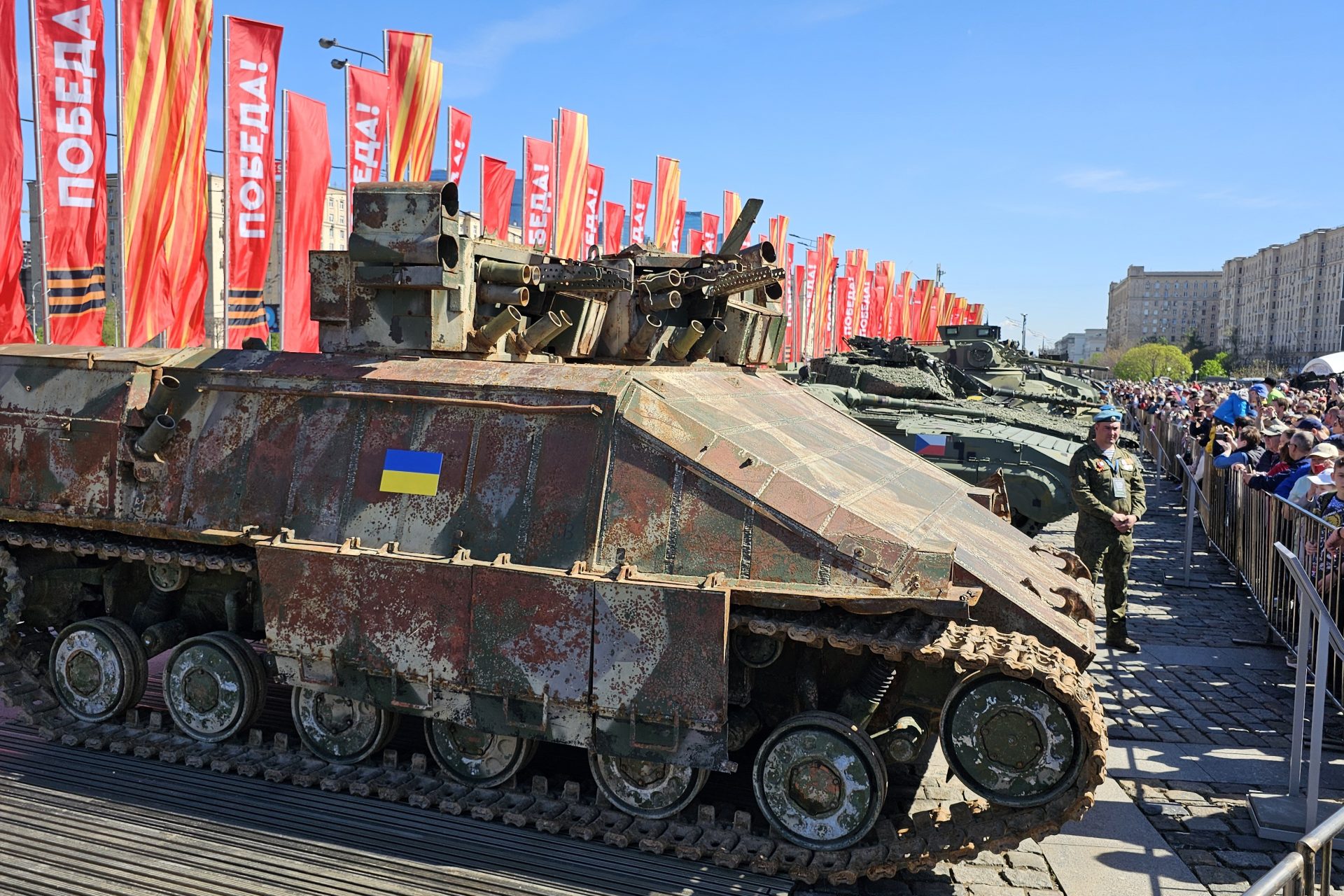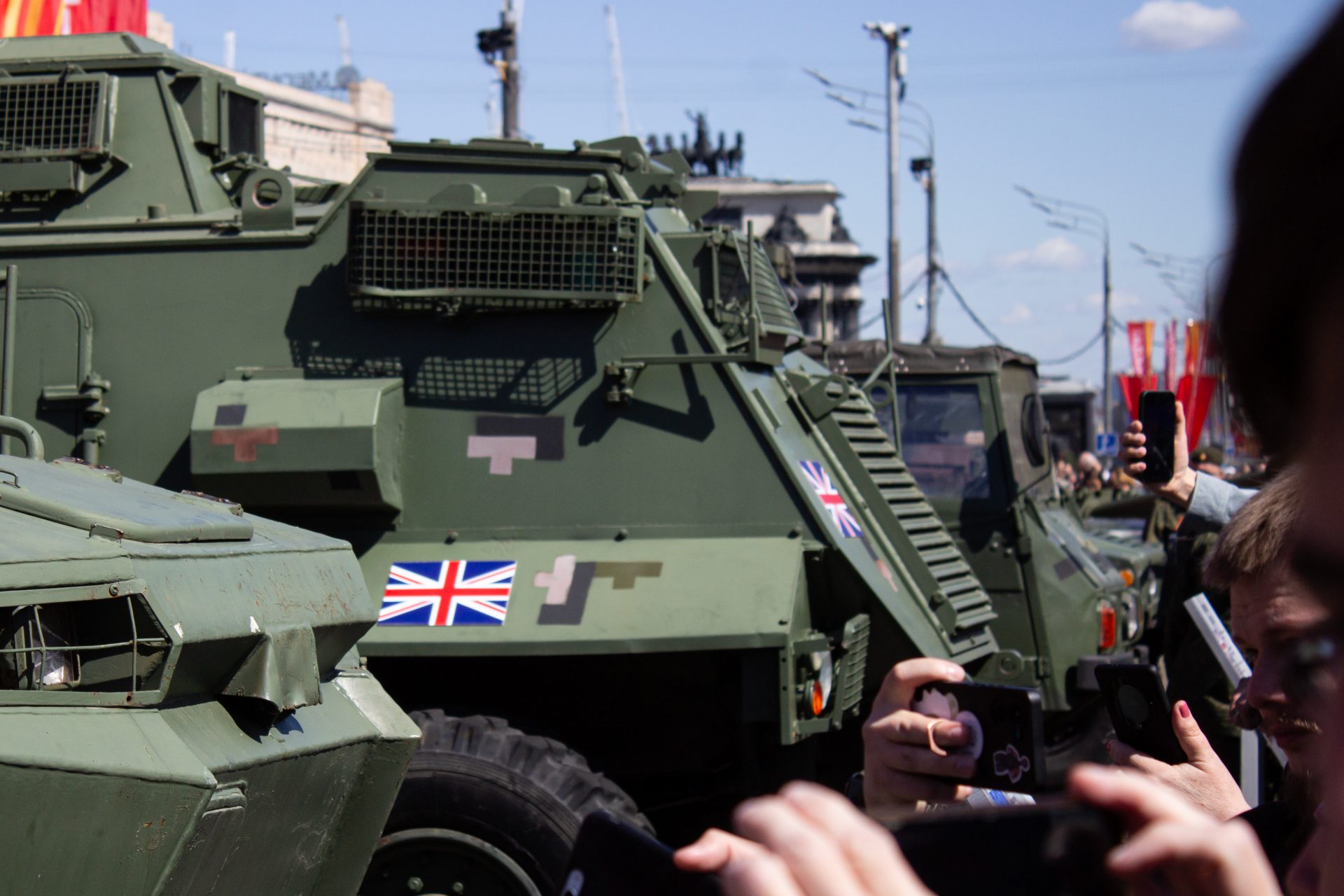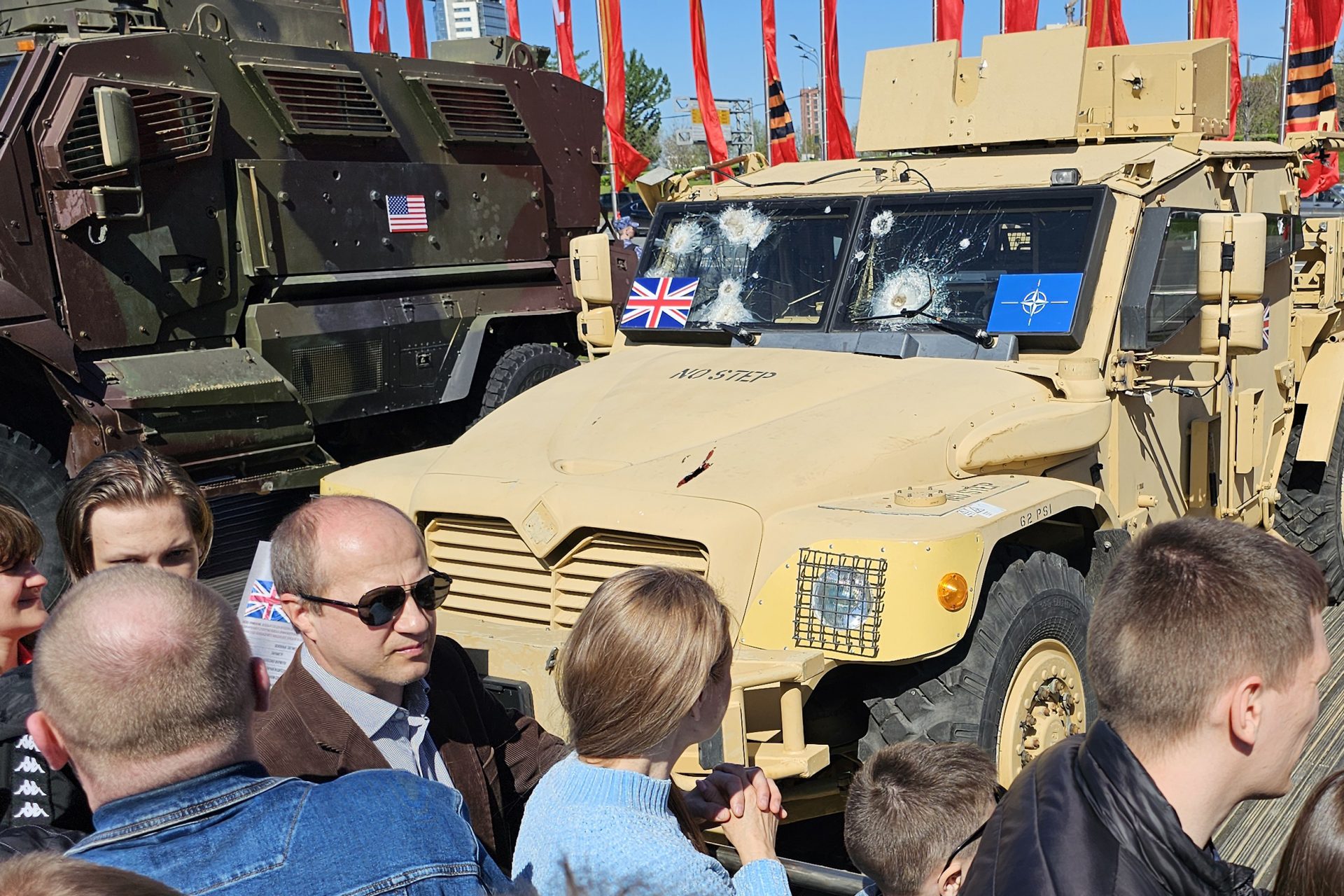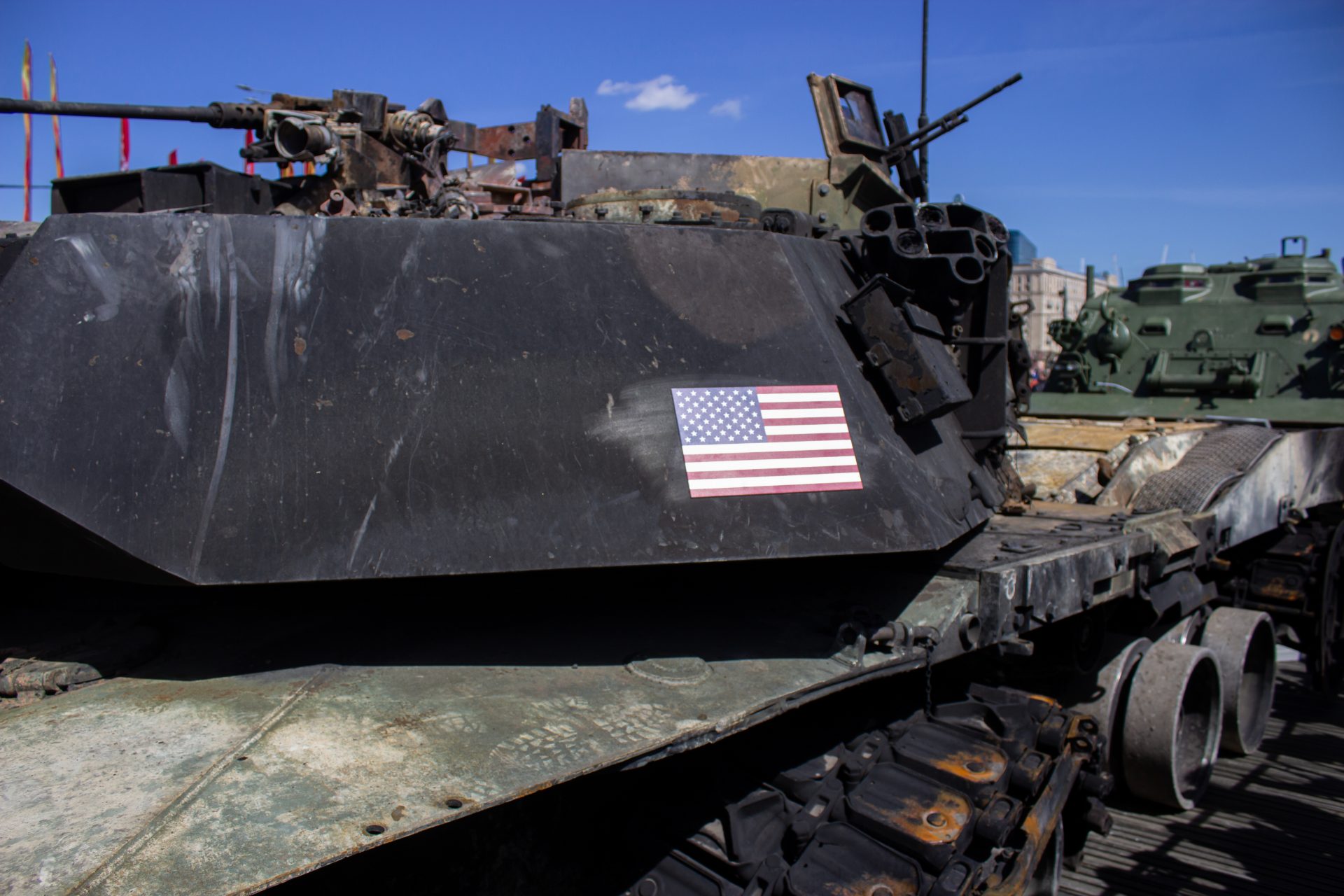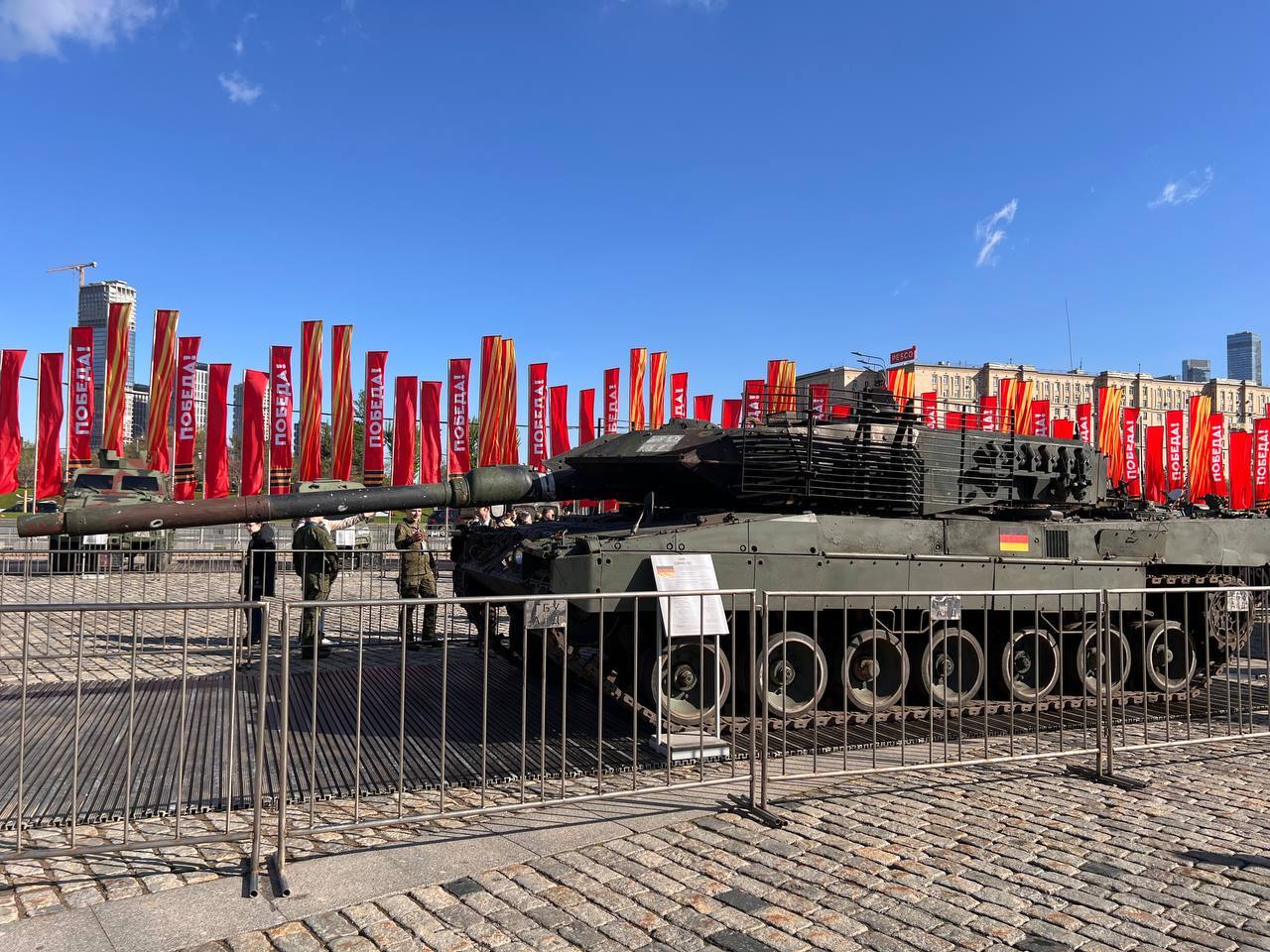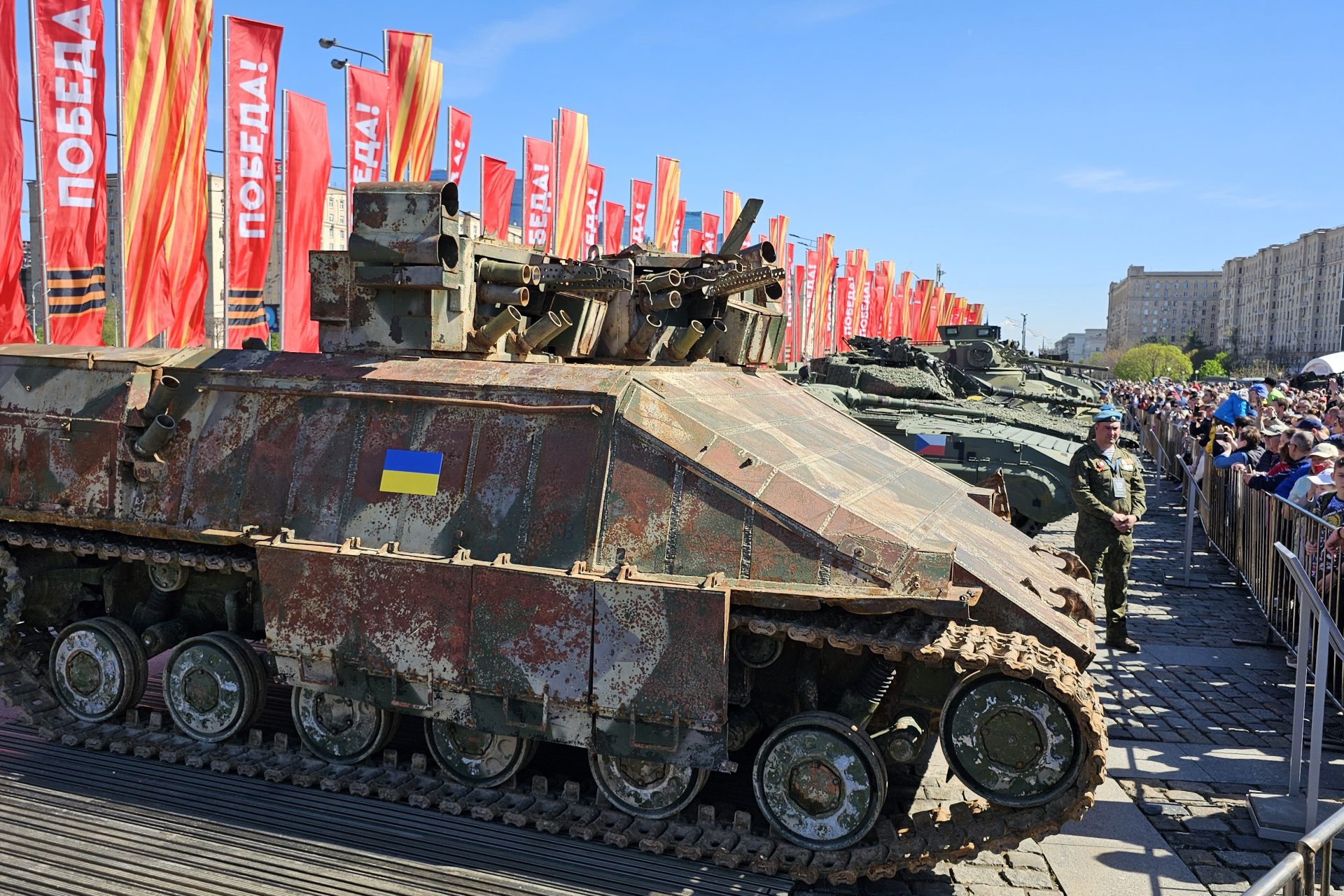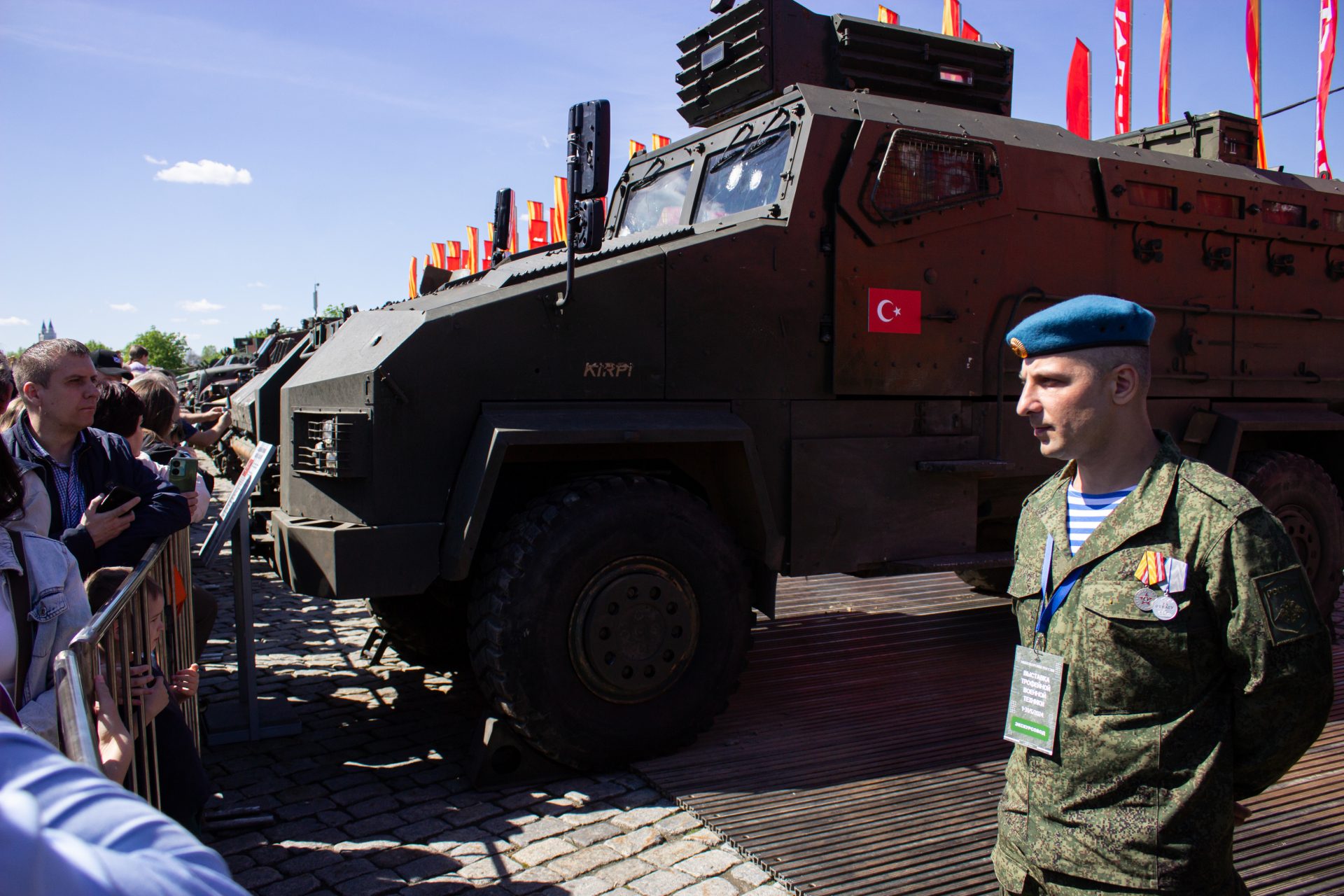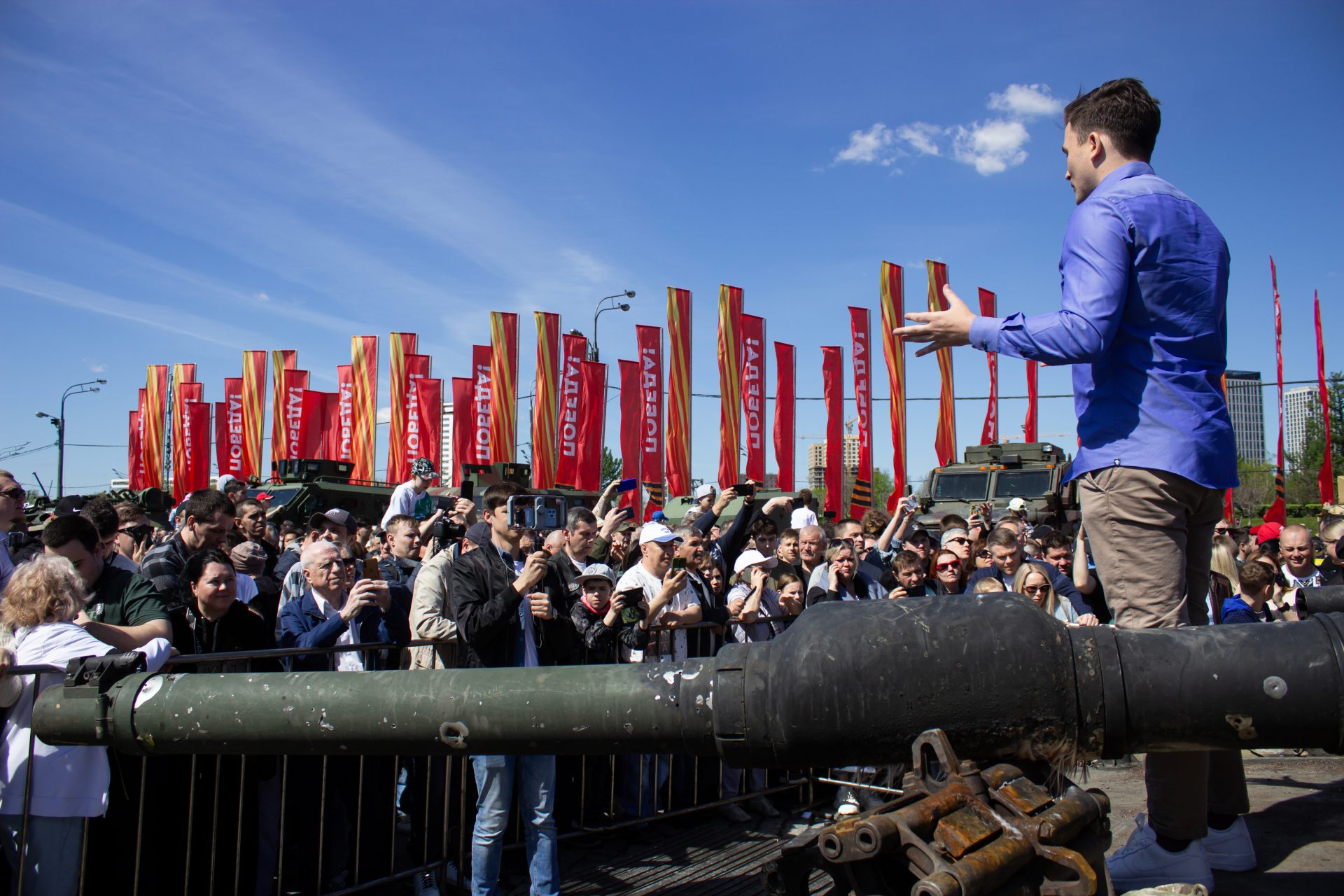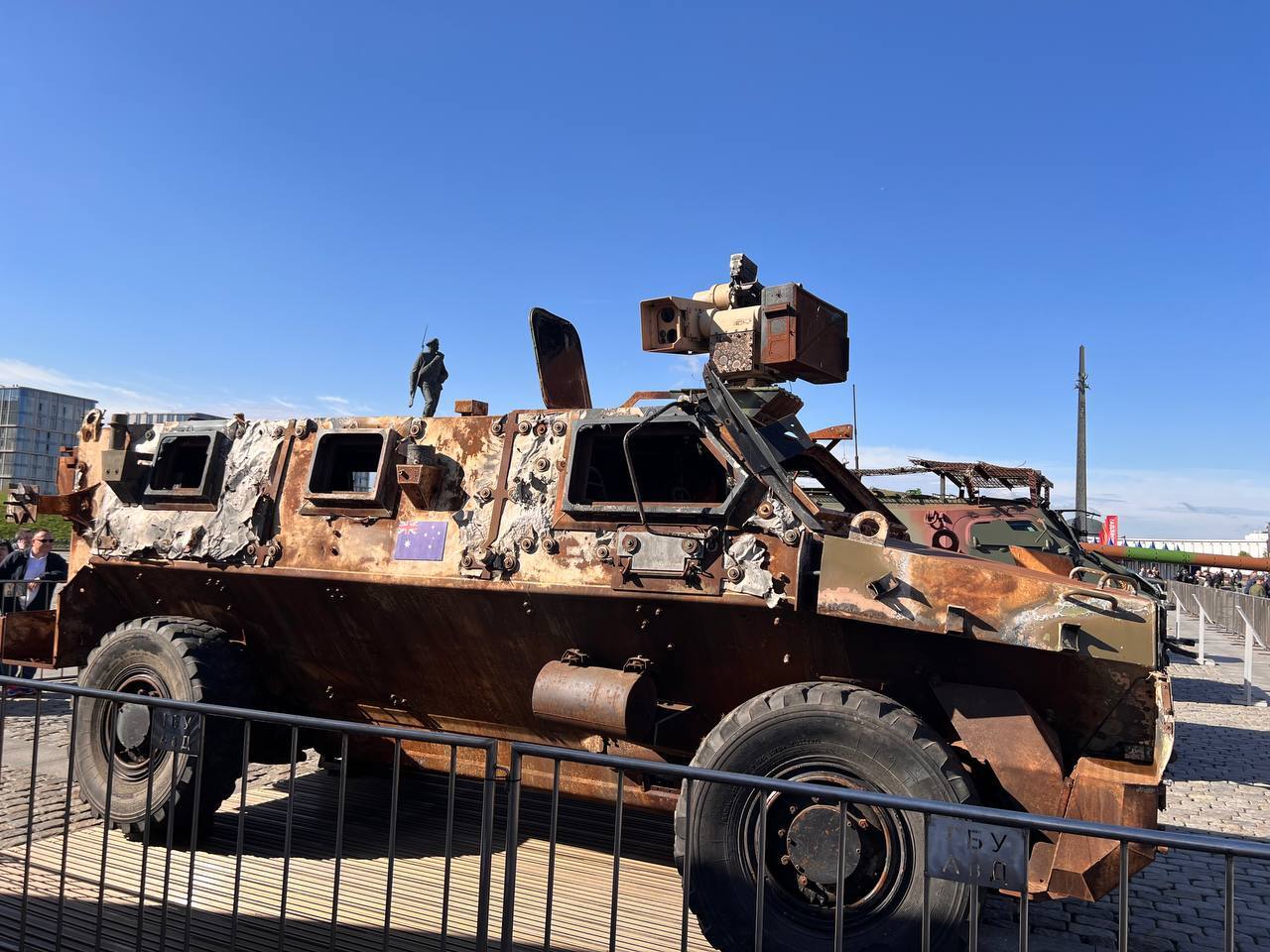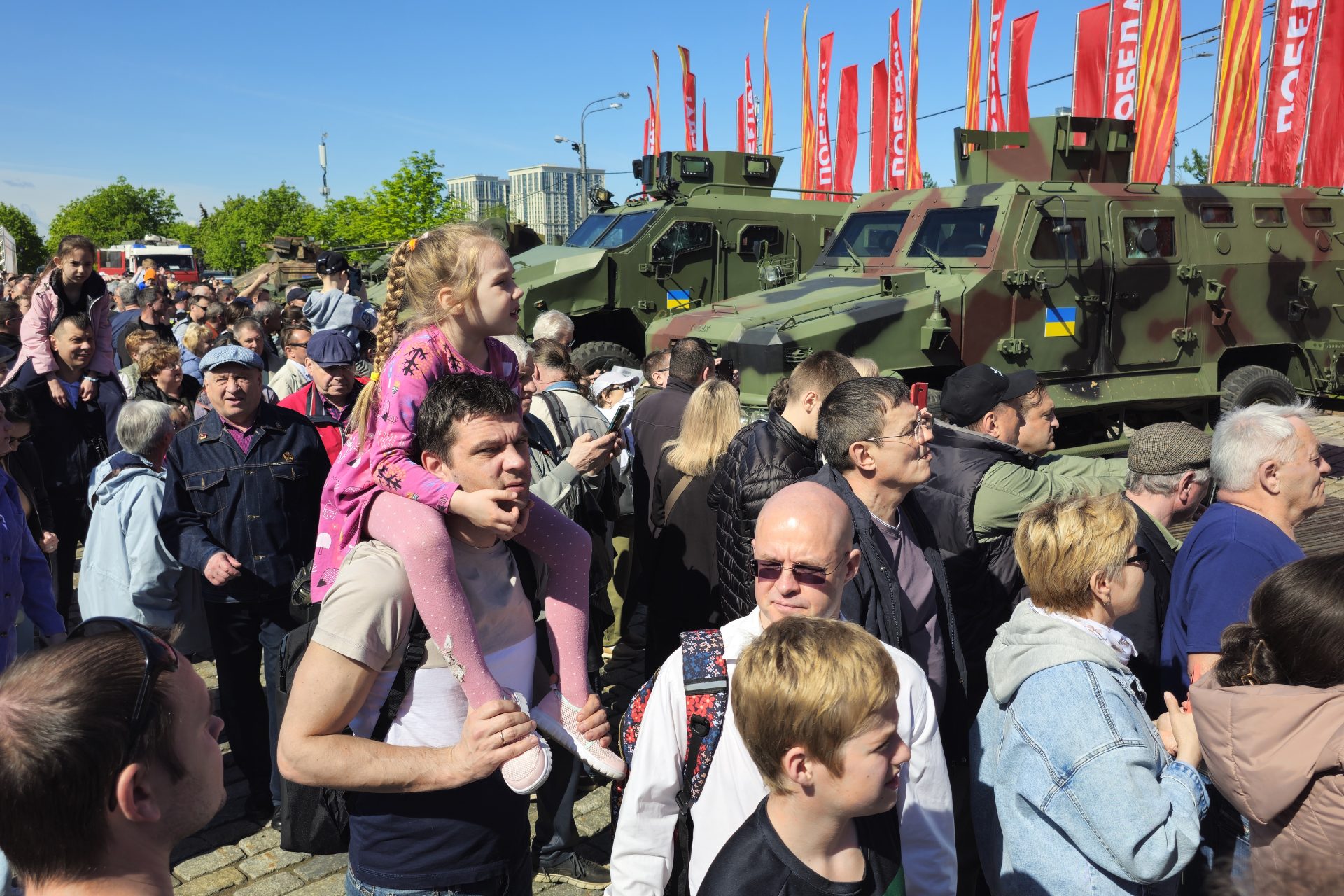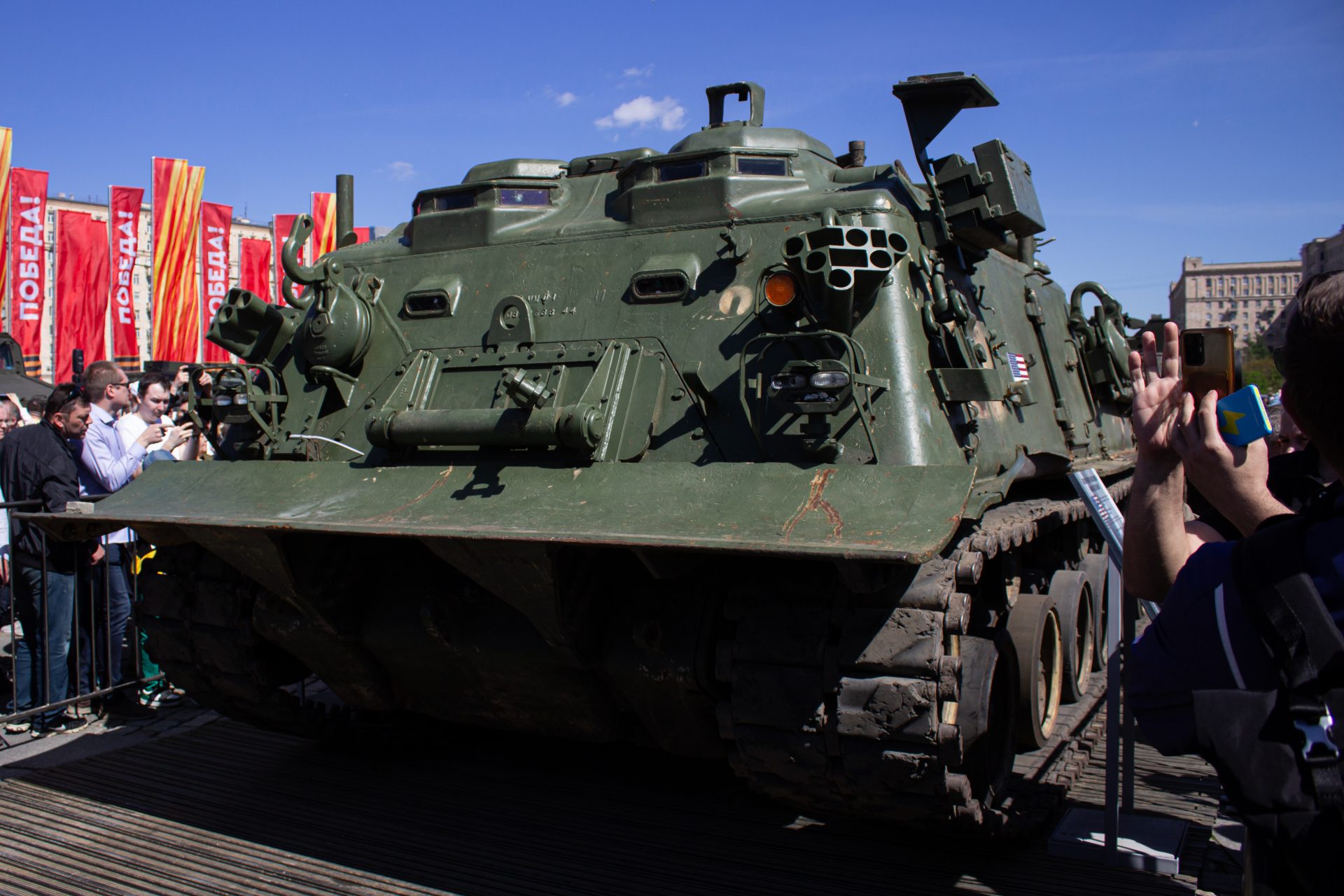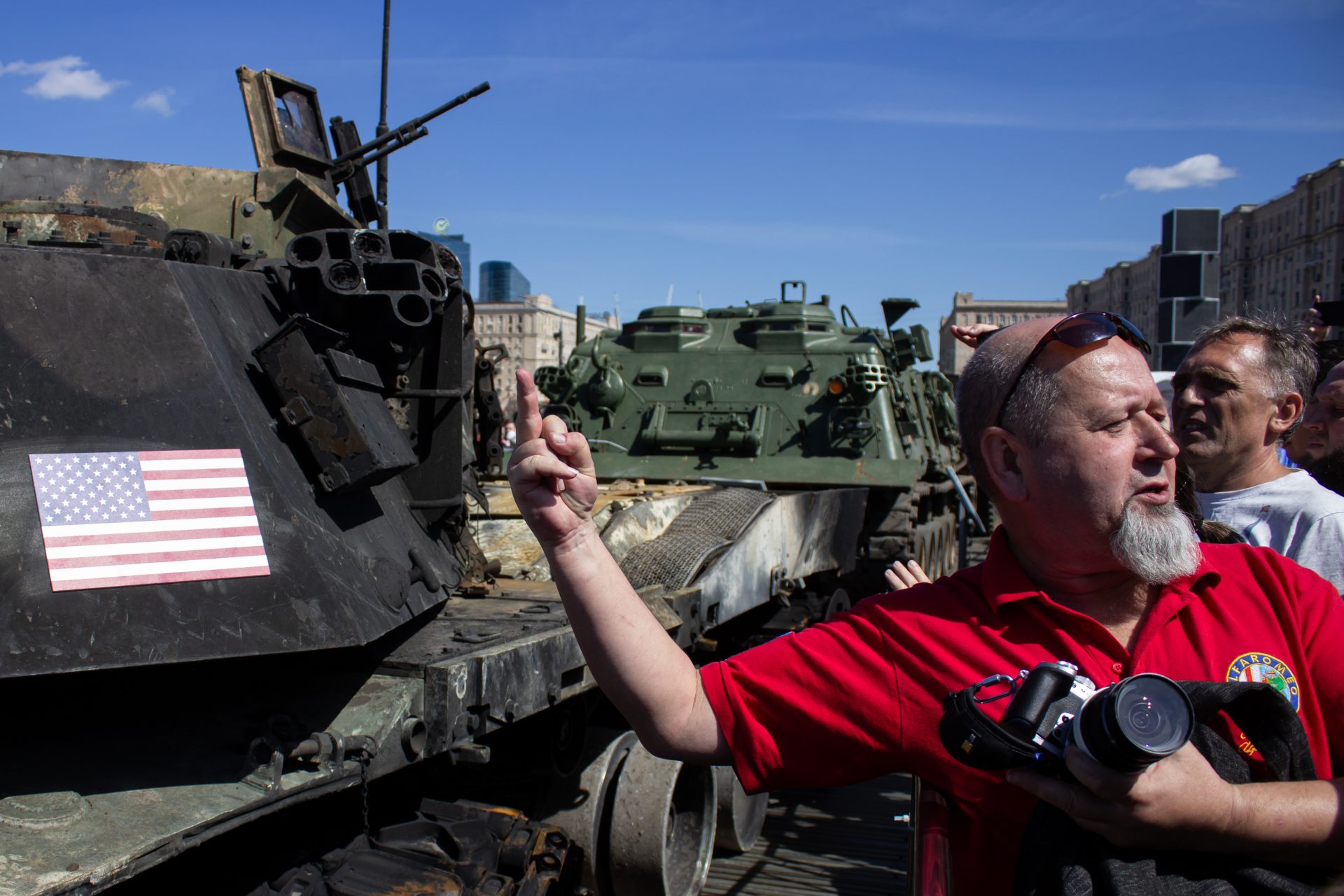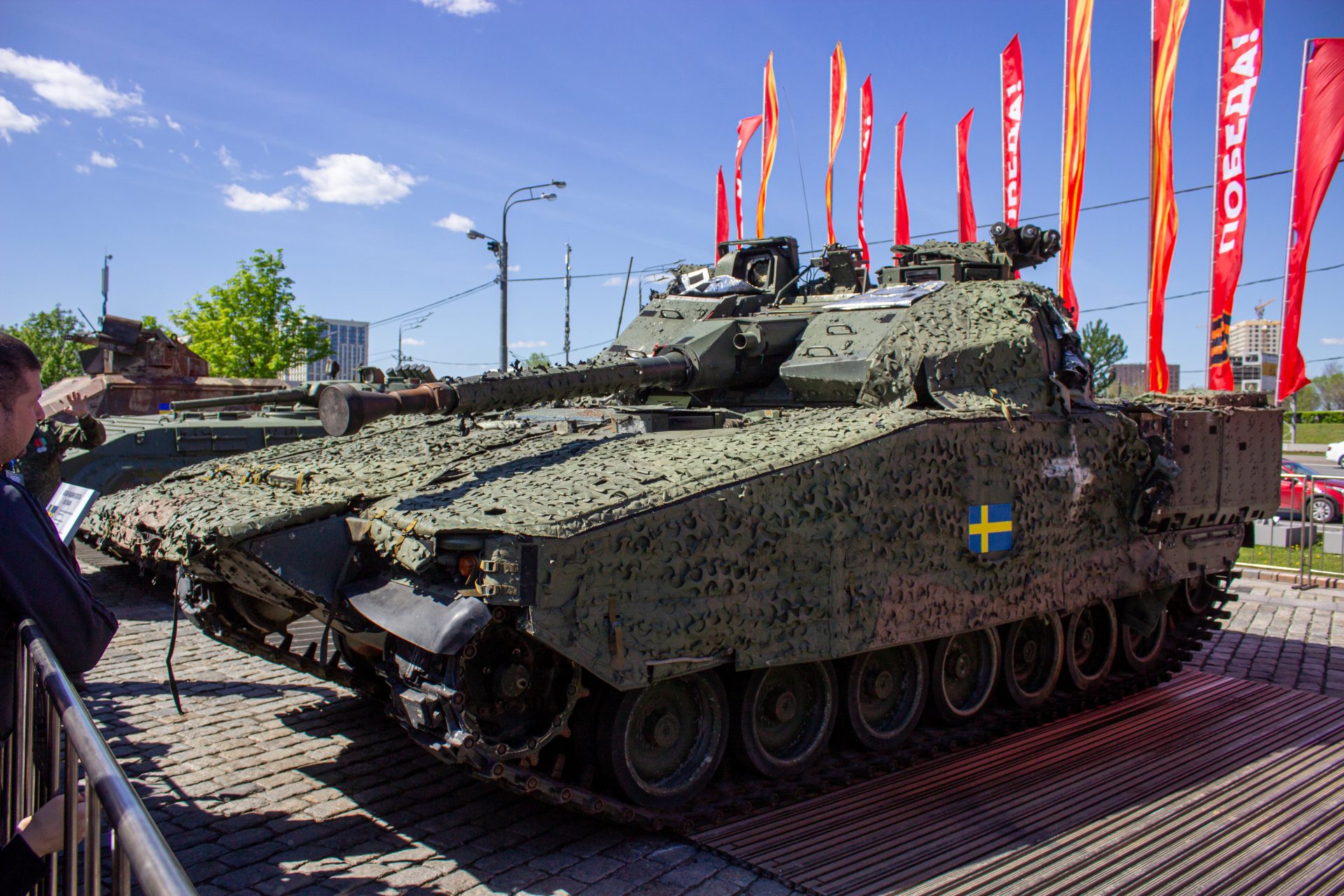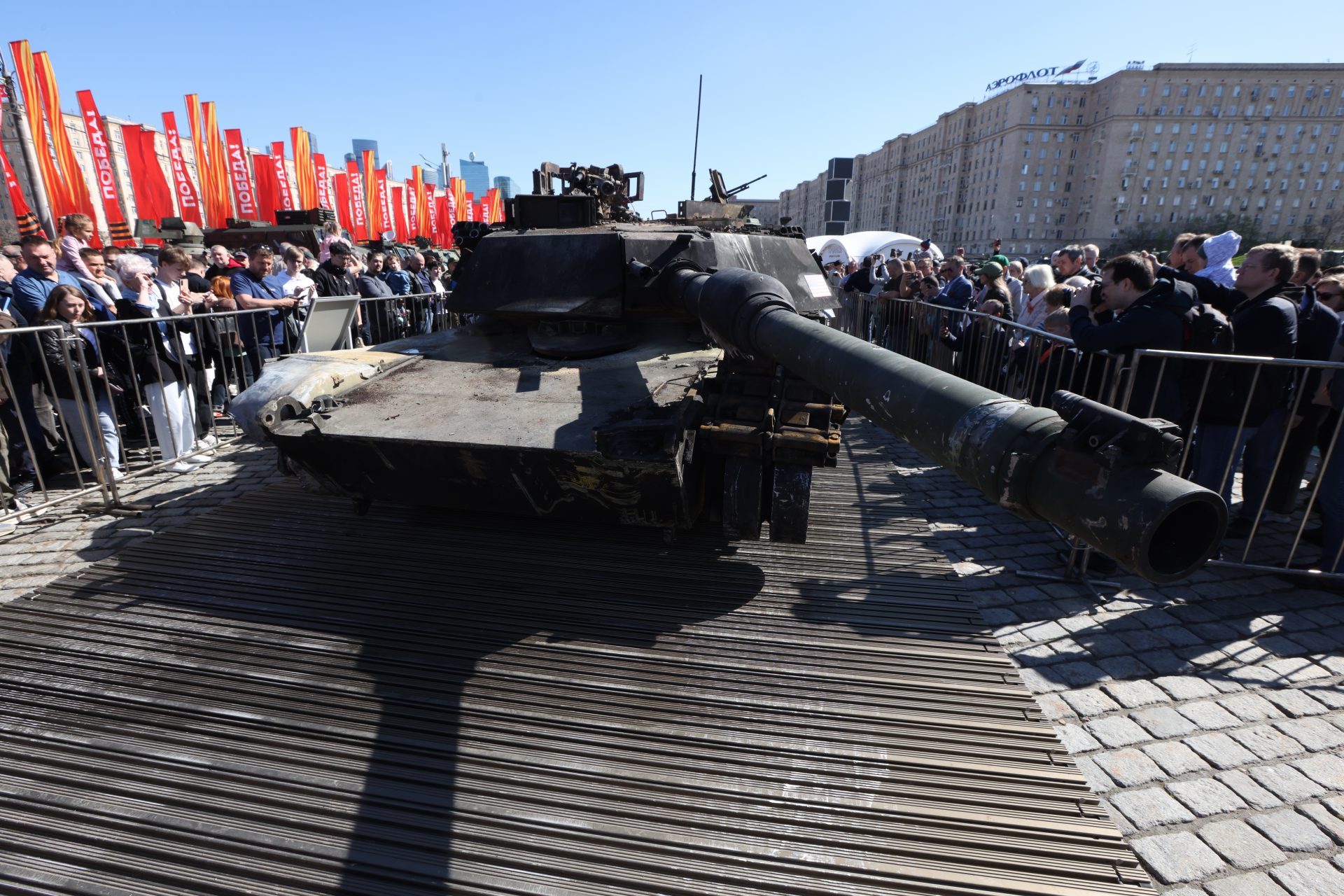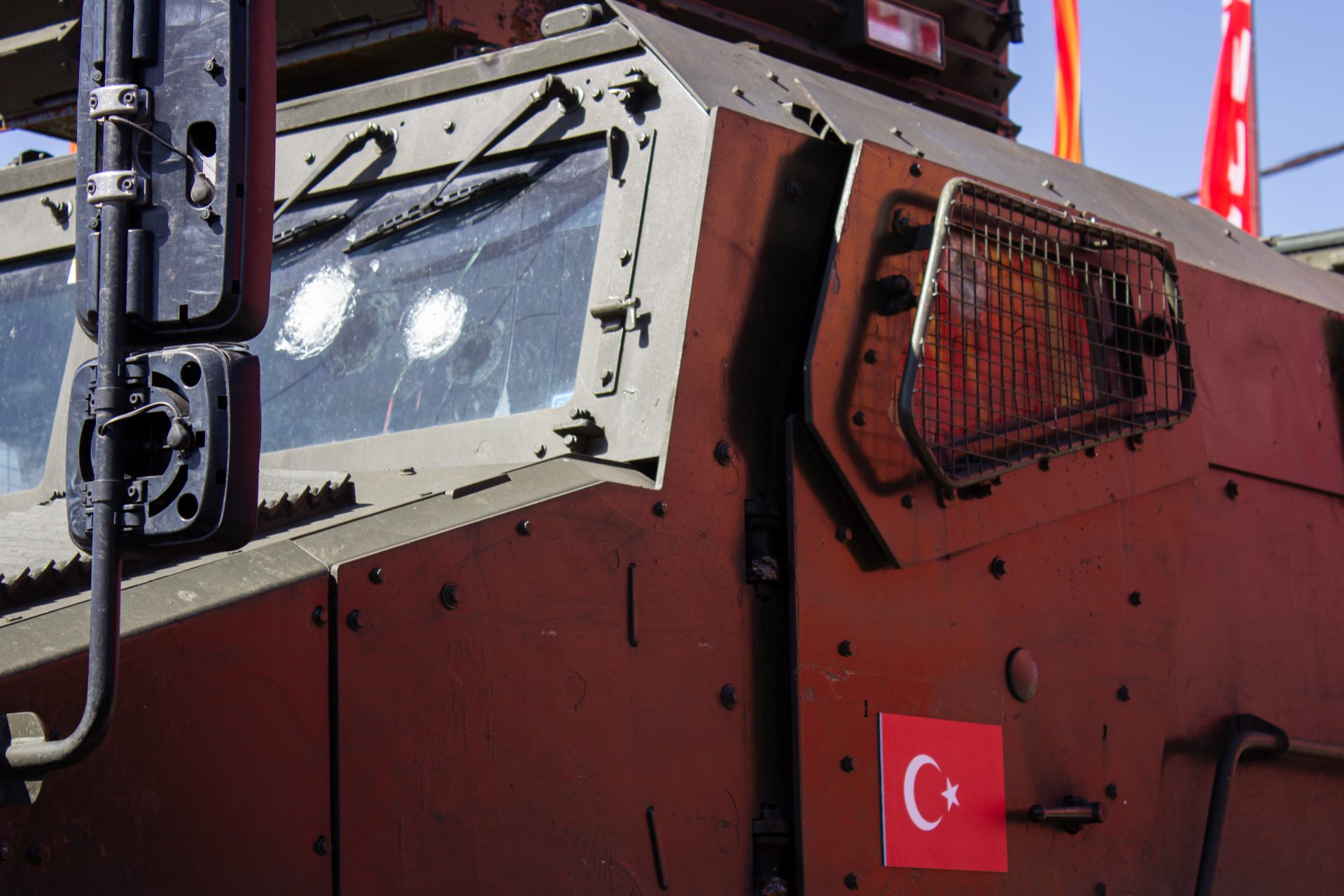The spoils of war: A look at Russia's collection of seized Western arms from Ukraine
Russia, despite not achieving victory following its initial invasion, has demonstrated significant advancements throughout the conflict. This progress was notably evident when Russia showcased a vast array of weaponry seized by its armed forces during two years of combat in 2024.
In May 2024, Russia put on an exhibit in Moscow's Victory Park featuring a collection of Ukrainian and Western military vehicles and equipment the Russian Armed Forces captured in Ukraine.
Western tanks, armored vehicles, and other military hardware supplied to Ukraine by its partner and taken by Russian forces during its invasion of the country went on display just before one of Russia's biggest holidays.
May 9th is Victory Day in Russia, a holiday that commemorates the Soviet Union’s victory over Nazi Germany in World War II according to BBC News, and in 2024 Russia decided to celebrate the day by showcasing some of the weapons its armed forces snatched from Ukraine.
On display in the new open-air exhibition were Moscow's spoils of war: Western military vehicles and equipment from nearly every country that had provided assistance to the Ukrainians up to that point in the war.
Among the vehicles shown off was a British-donated tactical support vehicle known as the British Army Husky. The vehicle's windshield had been sprayed with bullets.
Another big capture on display was a damaged American Abrams M1A1 main battle tank. Kyiv was supplied with 31 of these all-too-important weapons from its American ally and they only arrived in September 2023.
A German-made Leopard tank was also on display, though it was not clear from which of Ukraine's allies this vehicle came, despite the German flag on the tank.
BBC News reported that above a long line of German armor on display in Moscow was a sign that read: "History is repeating itself." This was likely a reference alluding to Russia being in a similar position to the Soviet Union in World War II.
“The Russian authorities want the public to think that the war in Ukraine and World War Two have a common denominator: Russia as the victim, under attack from enemies abroad,” wrote Steve Rosenburg of BBC News.
Reuters reported that a statement from the Russian Defense Ministry on the exhibition noted that “history is repeating itself," alluding to the fact the Soviet Union had put captured Nazi war machines on display in 1943.
"Strength is in the truth. It's always been that way. In 1943 and today. These war trophies reflect our strength. The more of them there are, the stronger we are," the ministry statement added before predicting a victory in Ukraine.
"No Western military equipment will change the situation on the battlefield," the Russian Defense Ministry statement continued.
The Moscow Times noted that the exhibition went over well in Russia on opening day, and added that people flocked to see the captured Western military equipment on display. The scenes from the exhibition's opening day were not unlike those in Kyiv when Ukraine put on a similar display.
“The Russians have not invented the wheel here. In the past Ukraine has displayed Russian military hardware that had been captured by the Ukrainian army,” wrote Steve Rosenburg of BBC News at the time.
Russia’s exhibition featured more than 30 pieces of Western equipment and came at a time when the United States had just approved more than $60 billion in military aid and assistance for Ukraine according to Voice of America.
Kremlin Press Secretary Dmitry Peskov called the exhibition a “brilliant idea” and added: "The exhibition of trophy equipment will attract great interest from Moscow residents, guests of our city, and all residents of the country.”
“We should all see the enemy's battered equipment,” Peskov continued. The damaged and destroyed Western equipment was scheduled to remain in Victory Park for one month according to reports at the time.
The Western equipment that was on display at the time included donations provided to Ukraine from Britain, France, and the U.S., as well as hardware made by other nations like Turkey, Sweden, Austria, Finland, South Africa, and the Czech Republic according to Reuters.
More for you
Top Stories




